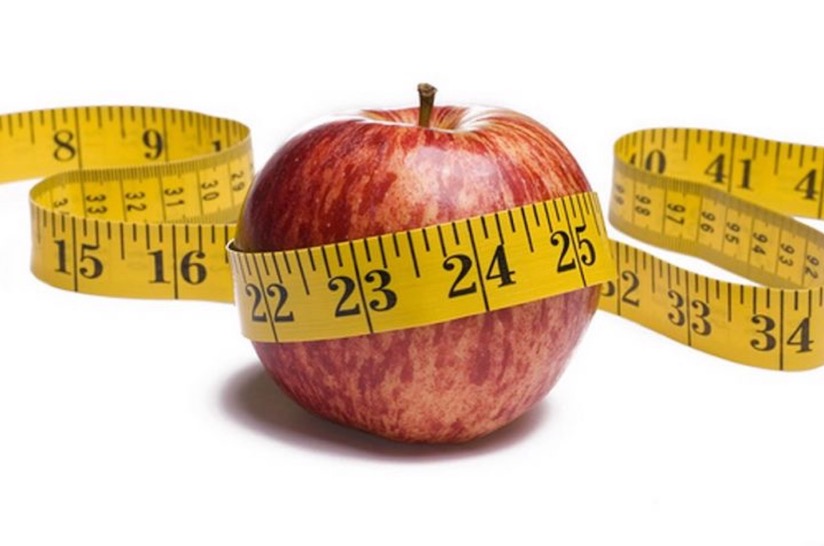A while back someone asked me “Is it at all possible to lose weight without eating vegetables, fruits and other healthy foods?” Believe it or not, my answer was a firm “YES!”
In fact, many people believe that losing weight requires continuous consumption of “healthy” foods but contrary to popular belief, healthy eating isn’t at all necessary for weight loss. Weight loss is simply a matter of creating calorie deficits and this can easily be achieved with everyday consumption of unhealthy nutritionally devoid foods. Now, while it is possible to lose weight this way, it’s definitely not a sensible long-term approach.
Losing Weight with Calorie Deficits
Losing weight essentially requires eating fewer calories than you expend (burn). Calories are burned through exercise and everyday physical activities like spontaneous walking, stair climbing, and even house cleaning. There are 3,500 calories in one pound of fat. As such, restricting and/or burning 3,500 calories over a given period of time will lead to a calorie deficit resulting in a weight loss of one pound. Greater weight losses require greater calorie deficits.
Eating Unhealthy Foods and Losing Weight
Given the manner in which calorie deficits are created, it’s definitely possible to lose weight while regularly consuming unhealthy foods. In fact, numerous outrageously unhealthy ‘fad’ diets have received widespread attention for their powerful slimming effects (the “Twinkie Diet”, the “Ice Cream Diet”, and the “Pizza Diet”) and they’ve all required the creation of continuous deficits through a combination of calorie restriction and exercise. Despite any potential weight loss benefits, there are countless disadvantages associated with unhealthy eating and malnutrition is at the top of the list.
Related Article: Tip to Dieters: Beware of Empty Calorie Foods
Eating Unhealthy Has Negative Health Effects
While you can lose weight with unhealthy eating doing so comes with added health risks. Regularly consuming overly processed carbohydrates and foods rich in unhealthy trans fats and sodium (commercially baked goods, refined grains, and fried foods) can substantially increase your risk for numerous chronic diseases including diabetes, high blood pressure, high cholesterol heart disease and numerous forms of cancer. This holds true regardless of whether your body weight is “normal”.
Related Article: Appearances Can Be Deceiving: Why Being Thin Doesn’t Equate to Being Healthy
Why Good Nutrition Is Better for Weight Loss
A nutritionally balanced diet is of the utmost importance for long-term weight loss success and overall good health. Such a diet is one that’s largely comprised of wholesome high-fiber whole grains, legumes, vegetables and fruits, healthy fats (nuts, avocado and vegetable oils), and lean protein (low-fat dairy, seafood, and skinless poultry). Collectively, these foods contain all-natural chemicals that can greatly boost your weight loss efforts primarily by revving up your metabolism, optimizing digestion, and reducing fat absorption and storage.
Related Article: A Simple Guide to Eating Sensibly
Good nutrition is always a good approach to weight loss and long-term weight management. While you can achieve and sustain your ideal body weight with calorie control and subpar nutrition, you simply cannot achieve an optimal level of health with such eating practices.







